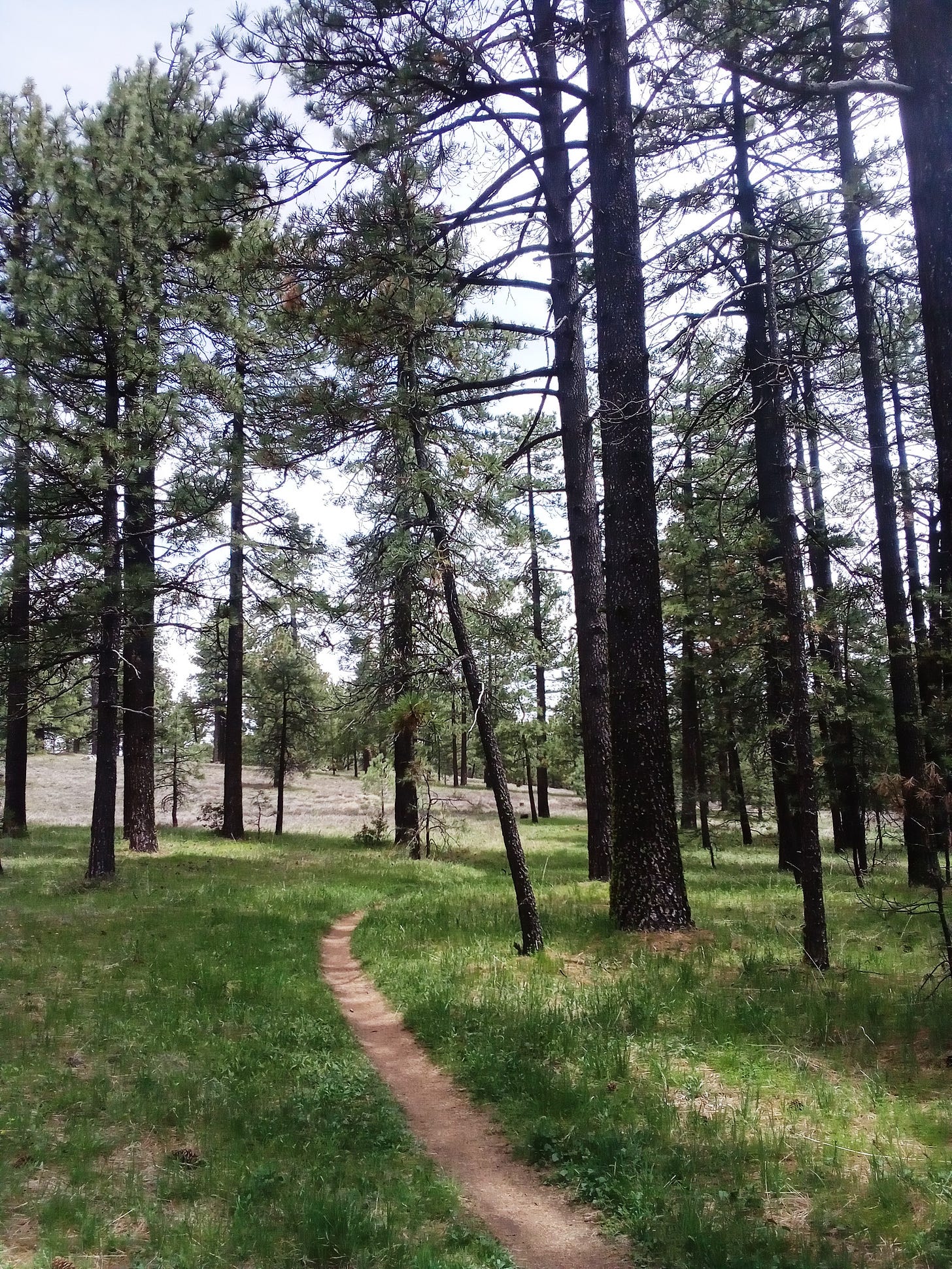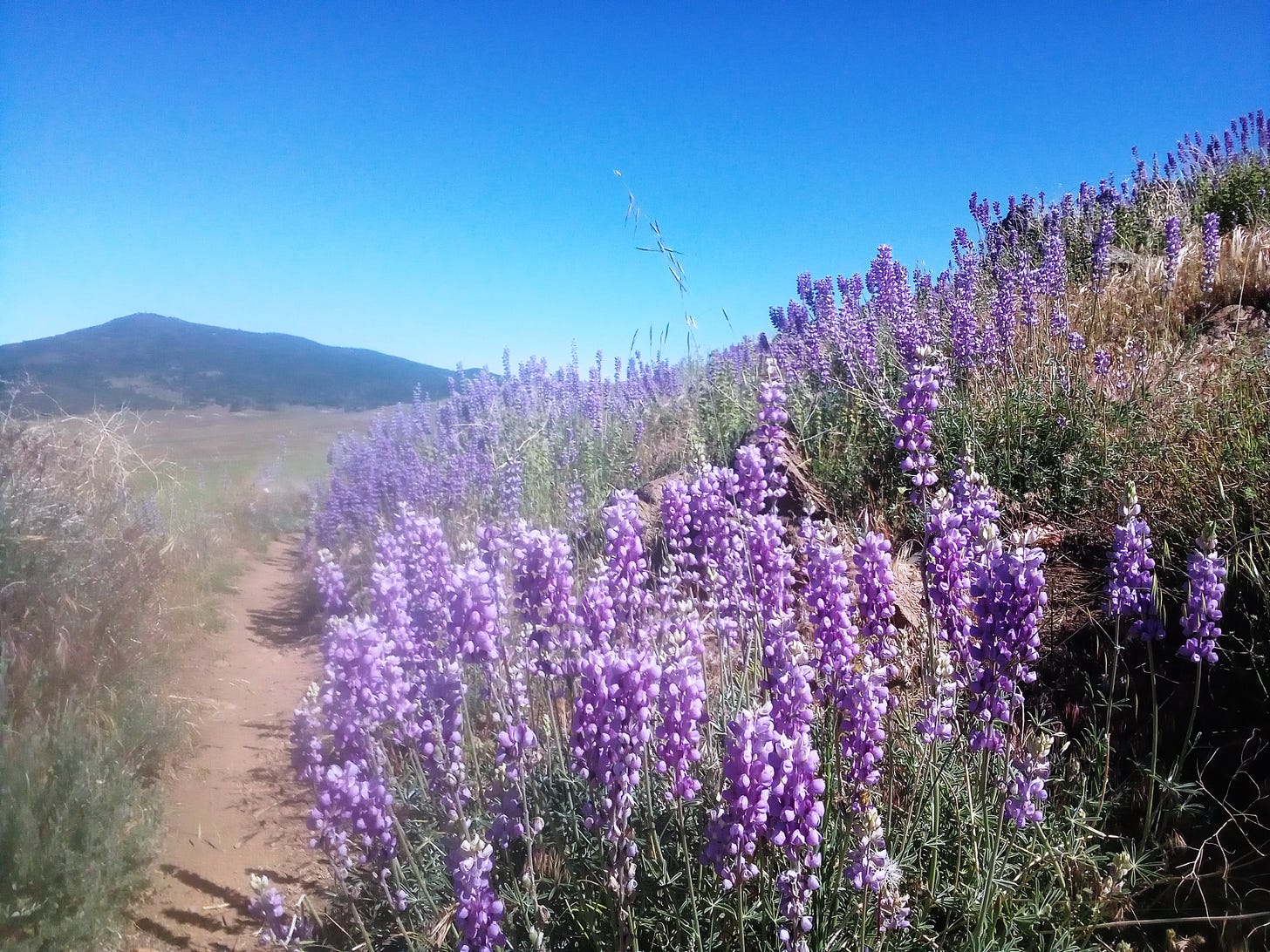While riding the other day, I thought about how easy it is to mountain bike today versus yesterday. The science and technology has advanced so far that turning pedals to climb a mountain or dropping the seat post to descend it have become, in some ways, a cruise in the park. That’s not even considering the addition of motors on mountain bikes.
To understand all that you’d need to have a few decades of mountain biking experience as a reference point.
Which brings me to: most of us don’t really care about my reference point. Okay, maybe a few people are interested in such history, but when waxing nostalgia, it’s often a yawn fest. Unless we share the characteristics of the reference point in our minds, the chatter becomes like dust in the wind, save the landing points on the ears of the appreciators of history, which might still get cotton swabbed out later on.
So be it.
This is not to say that we aren’t thankful for the advancements, but it is to say that such thankfulness differs based on one’s knowledge and experience. My thanks and praise isn’t likely the same as yours. For example, I sometimes deliberately tell myself to not drop the seat post, instead getting back behind the saddle so that my stomach hovers over it.
Stubborn. Dumb. Probably so, especially if I crash.
Now that that is out of the way, let’s get to the real point. Over the years, mountain bikes have, along with the science and technological advancements, become very expensive. With that reality is the reality that not everyone gets to play “mountain biking” on a Saturday afternoon, bringing me to: mountain biking has become a bit elitist.
I get it. Science/the human mind seeks answers to questions. We push on. “Progress” goes forward. The life/timeline of the human species hasn’t been about sitting back and saying “good enough,” though putting our feet up from time to time is nice to do. What I’m saying is that with the advancement of mountain bike science and technology, inclusive of the research and development processes, comes a hefty price tag on the product and the price tag excludes people from riding a “safer and easier-to-ride” mountain bike on a trail. Who wants to ride a 1990s “fat tire/1.95” mountain bike? Okay, some of us still get a kick out of it. What’s more, why do we have newcomers throwing legs over old/donated mountain bikes, as if that’s good enough?
The leaders of our mountain biking community know that we have equity issues that need more discussion. Many have strategized countless hours on what to do about it. Programs exist to address it.
What, though, can we—the everyday riders—do about it?
Donate directly to organizations that work to get new bikes into the hands of people who cannot afford them.
Ask your mountain biking club/member organization to not raffle new bikes as prizes to people who can afford bikes. Instead, use the same fundraisers (we need cash) used to get new trails, increase membership, build a bike park with the same sponsors and their free bikes, but instead of the person with cash making the donation possibly winning a new bike they don’t need, identify people in our communities wishing/hoping/dreaming of someday riding a mountain bike and then pull names from hats and give them the new bikes. Then find a local bike shop that will offer a year/lifetime of free bike service.
I guarantee everyone involved will feel the beauty of the human spirit when that happens and all of us will win, bettering our mountain biking community.
Fully Rigid is a monthly column by James Murren about Mountain Biking Issues within the Mountain Biking Community.






Hey James. Thanks for another thought provoking article. I hear what you’re saying and like your idea at the end. It also reminded me of another one of your articles where you wrote about wanting more and more trails. Both of my current mountain bikes I bought used. They were 2 - 3 years old when I got them and were still in good shape. I paid about a third the price they would have been new. Of coarse they don’t have the newest bits, and I have upgraded a few things, but I have a great time every time I’m on them. My point is, and the reason I referenced your earlier article, gratitude is the secret to happiness. Wanting/needing the latest and greatest is not. I know that’s not exactly what you’re saying here, but I did get a little sense of that. Thanks again for continuing to bring up these topics which exercise the muscle on top of my head.